
Shortlisting Judges for 2023-24
Thank you to our participating schools for your submissions! All entries will be carefully reviewed by our shortlisting panel of judges. They will have the difficult task of selecting the shortlisted ideas for Design Ventura 2023-24.
All submitted schools will provide feedback on their submissions from our panel of judges. You can read more about them below, in alphabetical order:
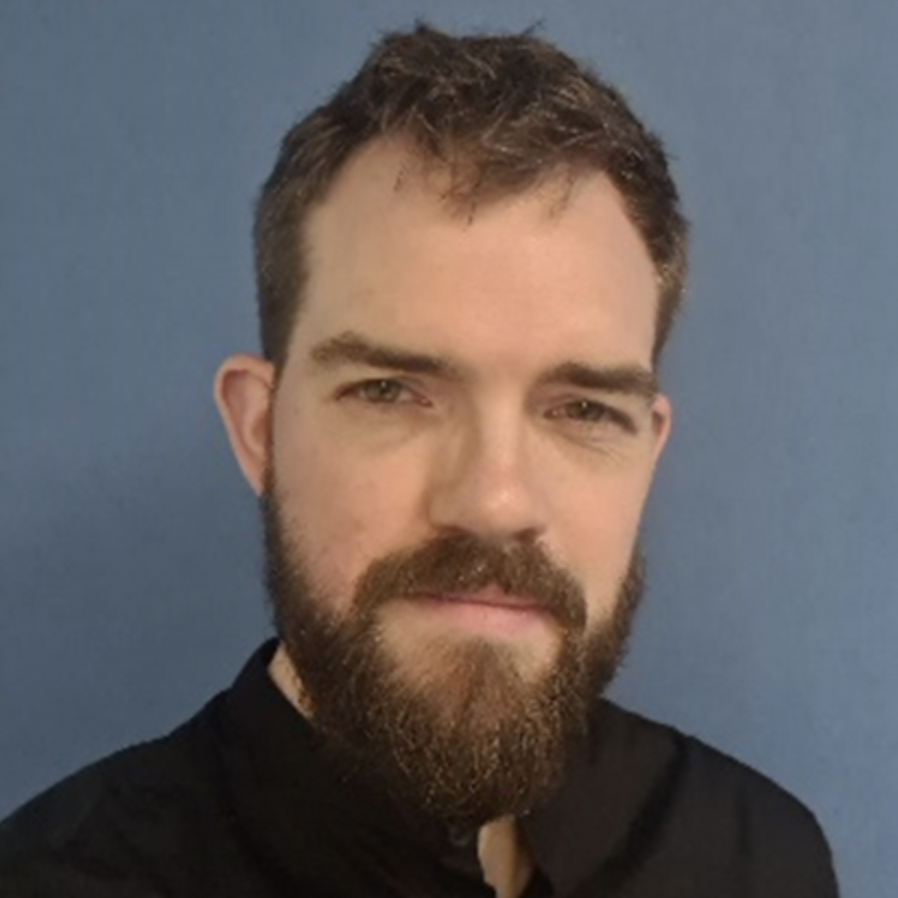
Mark Bryley
Mark Bryley works as Strategy Lead in the Financial Crime Data & Risk Intelligence team at Deutsche Bank. Mark has spent more than a decade working on topics including financial crime prevention, compliance, artificial intelligence, data and risk intelligence. A key part of the job is to design and present information to senior decision makers. This requires a confident visual design approach, creativity and attention to detail. Last year Mark joined Design Ventura as a volunteer to support the ten shortlisted teams on presentation day and this year returns as a Shortlisting Judge.
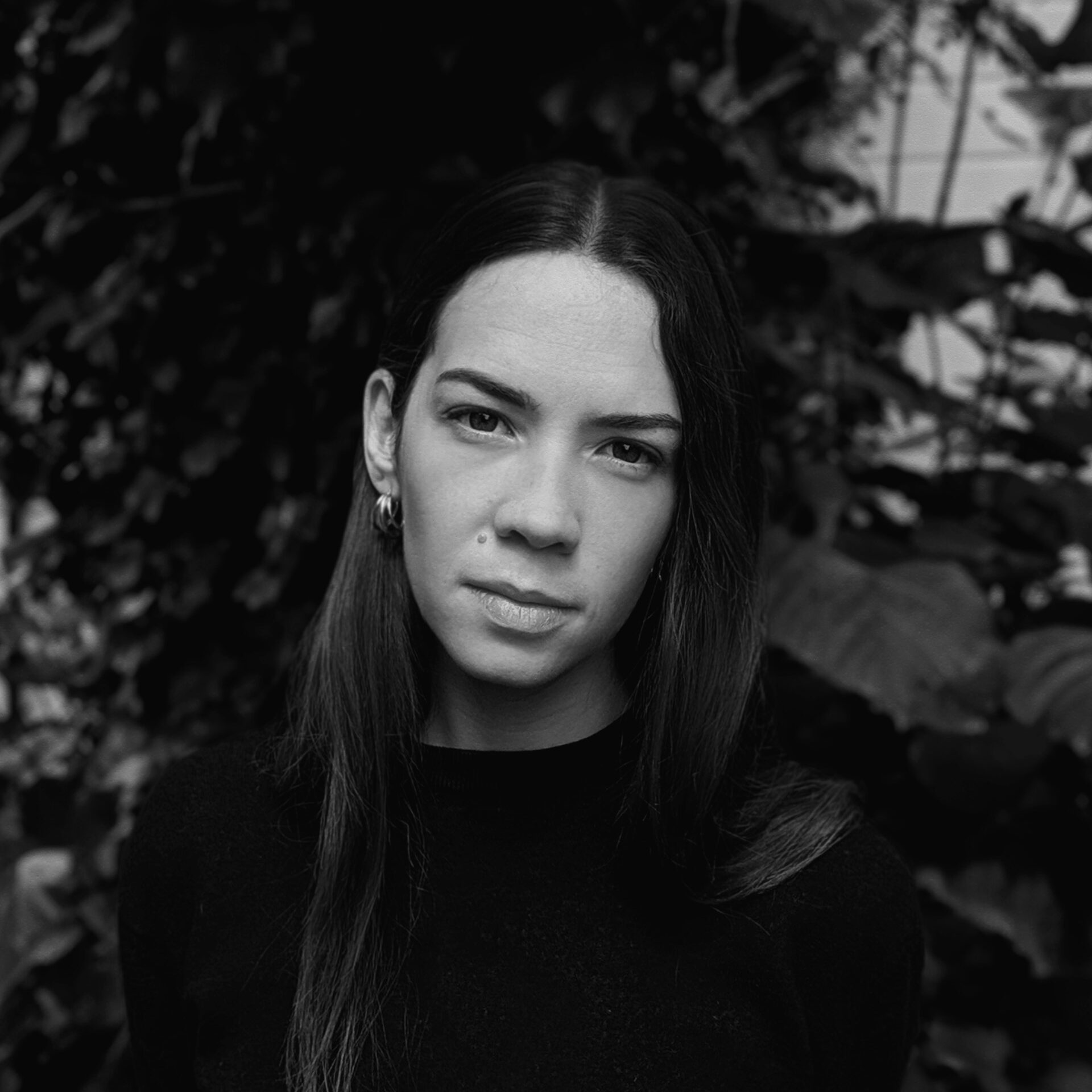
Mary Leonard
Mary works at the intersection of design, art and technology. She is the Founder & Creative Director of MRLD (More Reason — Less Decoration), an independent creative studio combining thoughtful ideas with beautiful design to create sensory experiences for ambitious brands. Her work for brands and companies including Google, Nike, the United Nations, and Depop has gained wide recognition from industry and press such as Vogue, Dazed & Confused, D&AD, Cannes Lion, Forbes, ADC, The One Show and FWA. In 2018, she was named a prestigious ADC Young Gun global finalist.
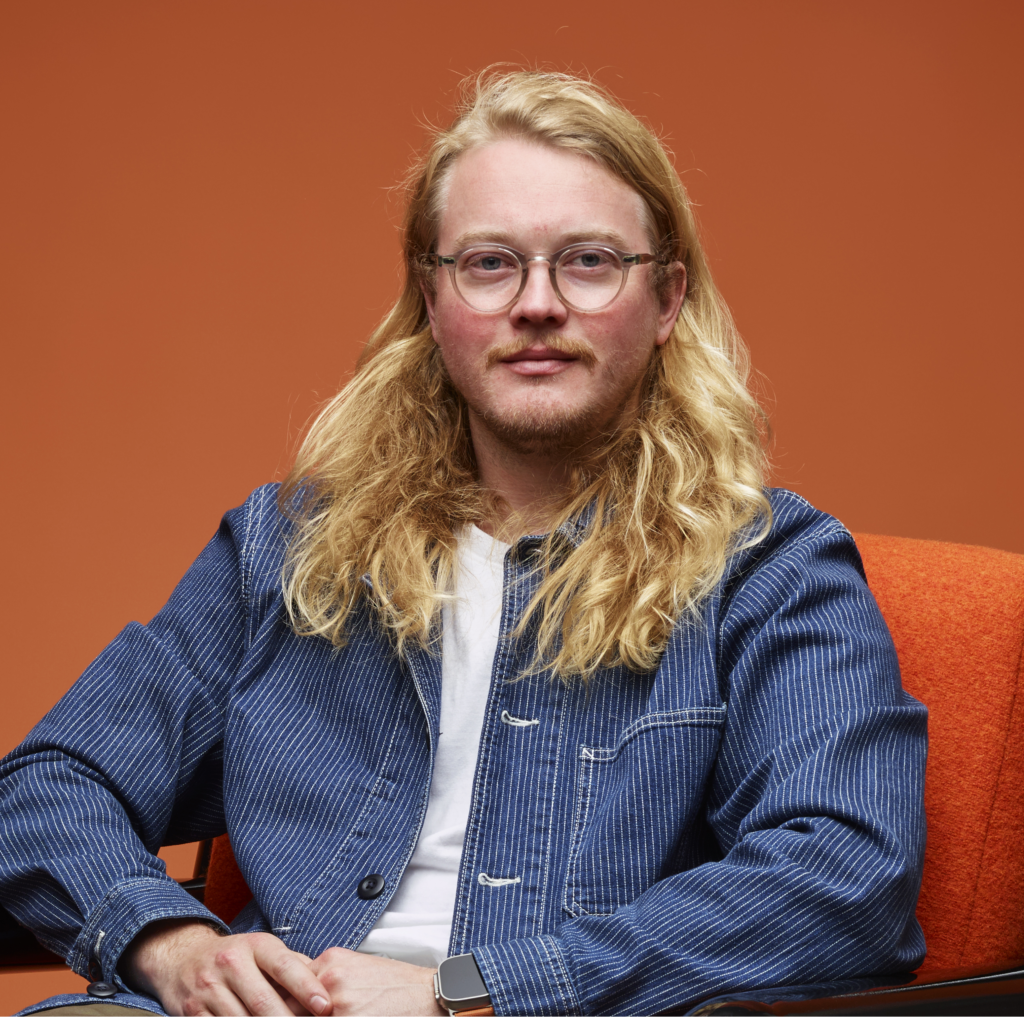
Harry Mitchell
Harry co-founded Beta Design Office, a London based multi-disciplinary design consultancy with a core focus on industrial design. An inventor and maker at heart, Harry’s mechanical intuition and love for how things work means he designs products that last. Previously Associate Director at Sebastian Conran Associates, he has worked on a variety of projects from consumer robotics through to furniture, homewares, and custom motorcycles.
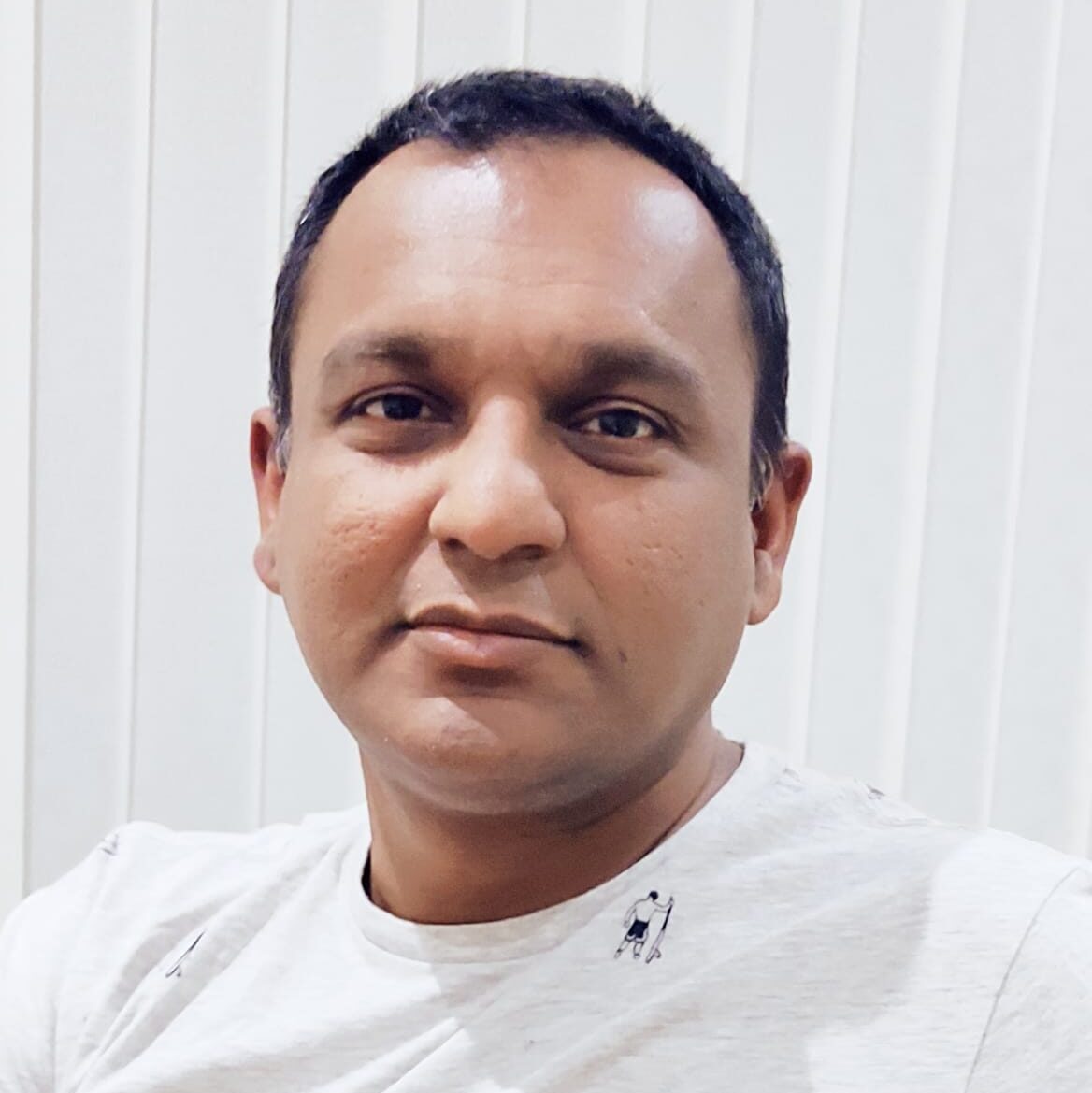
Malay Nagda
Malay, an award winning designer, heads design team at a financial institution. His diverse portfolio spans across products, including peer-to-peer payment system, an intuitive trading platform and an online market place. Beyond design, Malay finds artistic expression in the intricate details of origami models.
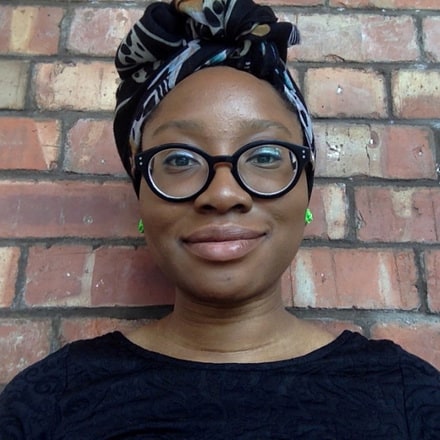
Florence Okoye
Florence (pronouns: she/her) is a UX (User Experience) designer whose practice is based on using service design methods to inclusively design digital experiences and infrastructure. She currently works as a UX designer at the Natural History Museum and is a member of the Kiondo design collective.
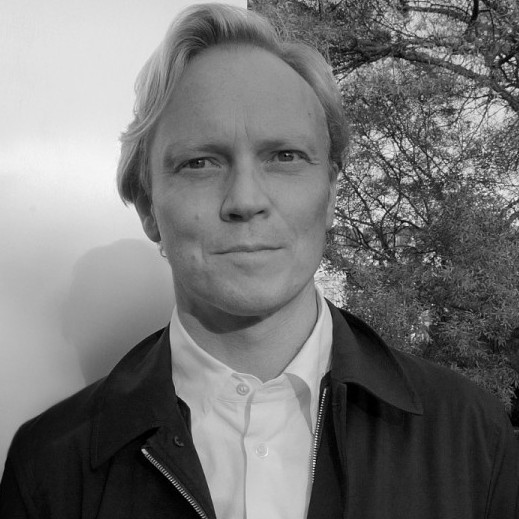
Alex Swain
Alex is a ‘Creative and Experience Director’ and works for Deutsche Bank, Private Bank within the Client Experience team. Alex has led many projects for global brands; managing multi-channel design deliverables across Agile and Marketing teams. He has extensive experience as design lead for internal and external design teams. And one of his key strengths is collaborating closely with colleagues from different backgrounds: strategists, product owners, engineers and SEO experts.
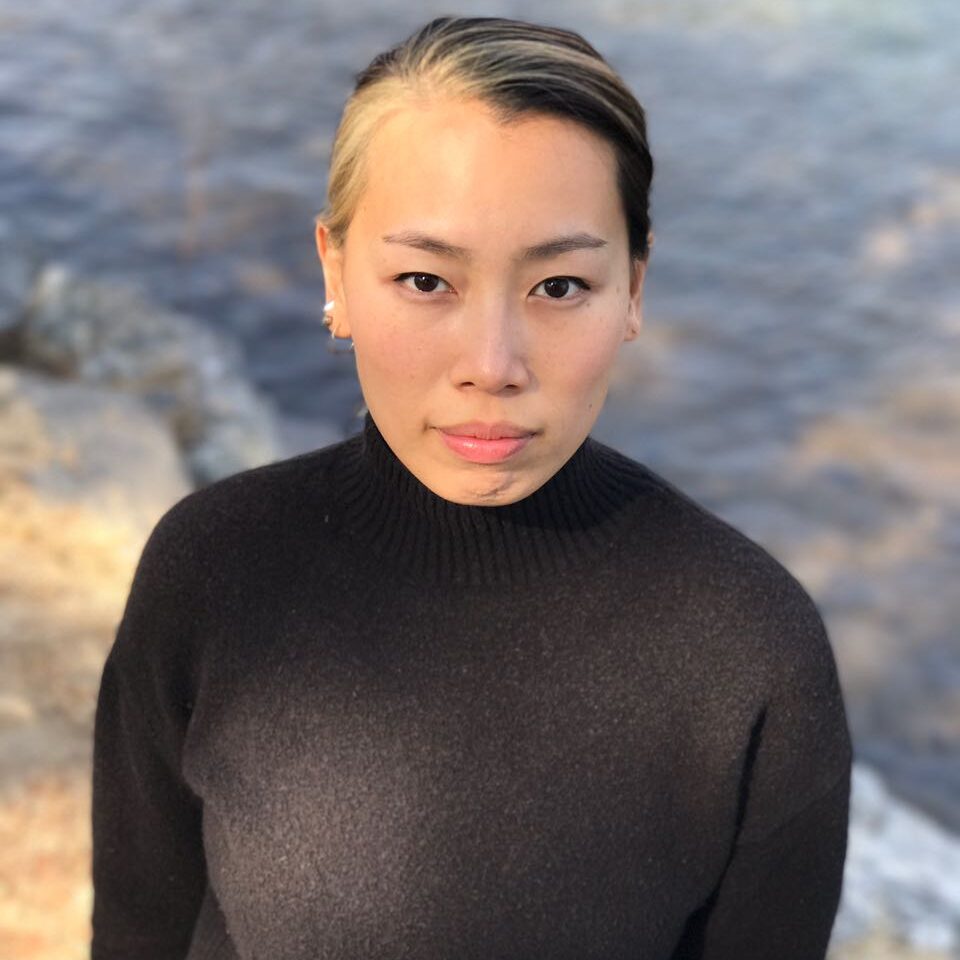
Ling Tan
Trained as an architect, Ling Tan is a multidisciplinary designer and artist. She explores citizens’ interaction with the built environment through technology, and collective agency and responsibility in tackling complex issues surrounding our cities. Ling works with diverse communities across the UK and rest of the world on projects ranging from interactive performances to pop-up architecture, and addressing issues such as public safety, air quality, climate change and gender safety. Her work has been exhibited in the Centre Pompidou, V&A, Barbican, HeK, Fukuoka City Science Museum, and Wits Art Museum, and featured in the likes of Dezeen, Wired and Fast Company.
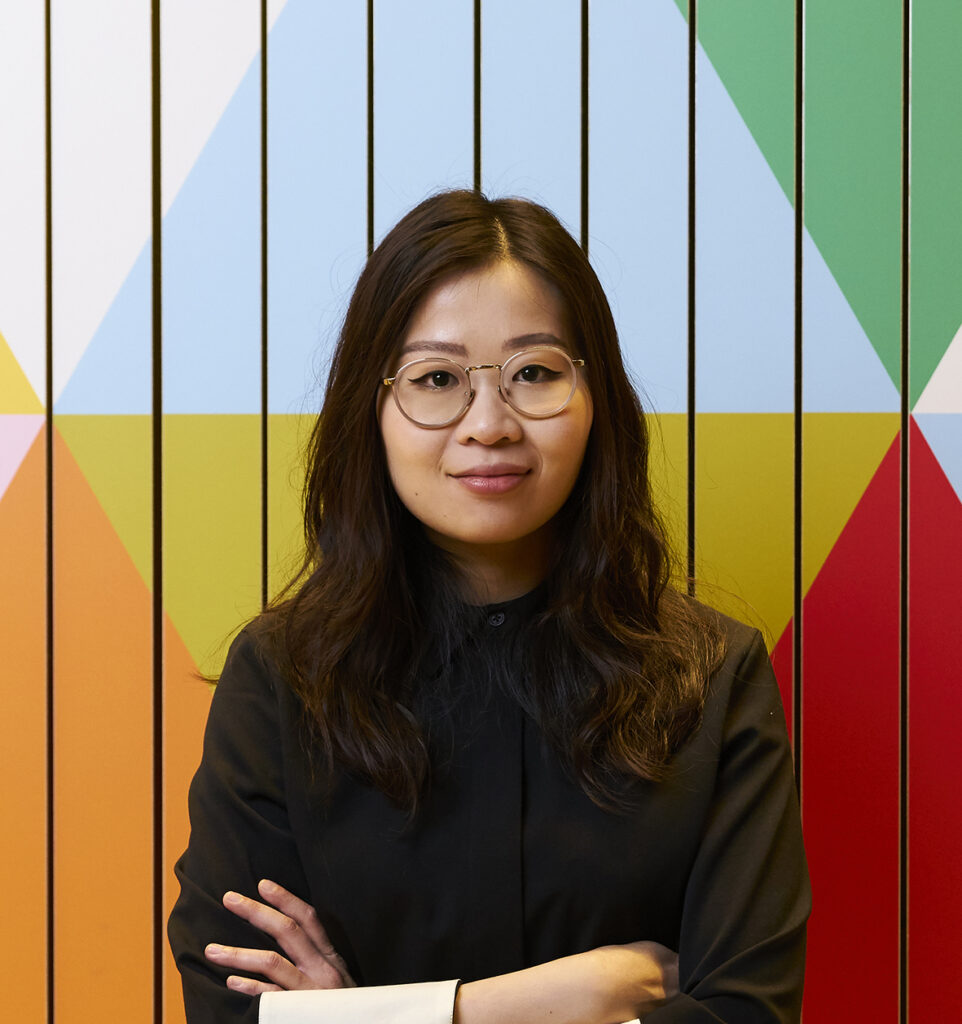
Sheana Yu
Award-winning social entrepreneur who founded Aergo Health with the mission to support wheelchair users in living their lives to the fullest potential through inclusive design. Aergo’s first product, Aergo PS, is a dynamic postural support seating system that uses pressure-sensitive air cells to detect and correct poor posture automatically. It reduces the need for frequent physical repositioning, radically improving independence for wheelchair users. The PS has received backing from the James Dyson Foundation, the Royal Academy of Engineering, and the Royal Commission 1851 to develop it from an idea into a commercially viable medical device. Sheana’s achievements have been recognized by Innovate UK, and she was one of the nine women to win the highly competitive Women In Innovation award. Since winning, Sheana has been actively involved in public speaking and mentoring, sharing her startup experiences with aspiring designers and engineers passionate about social impact.
